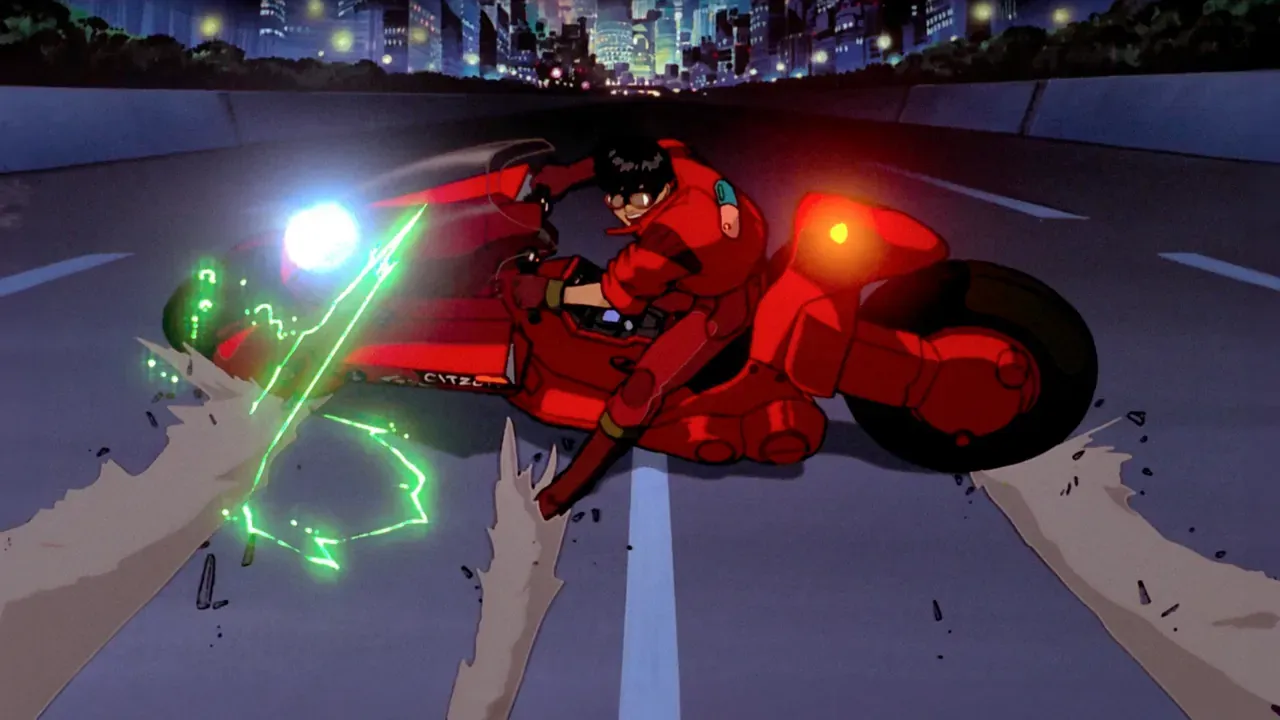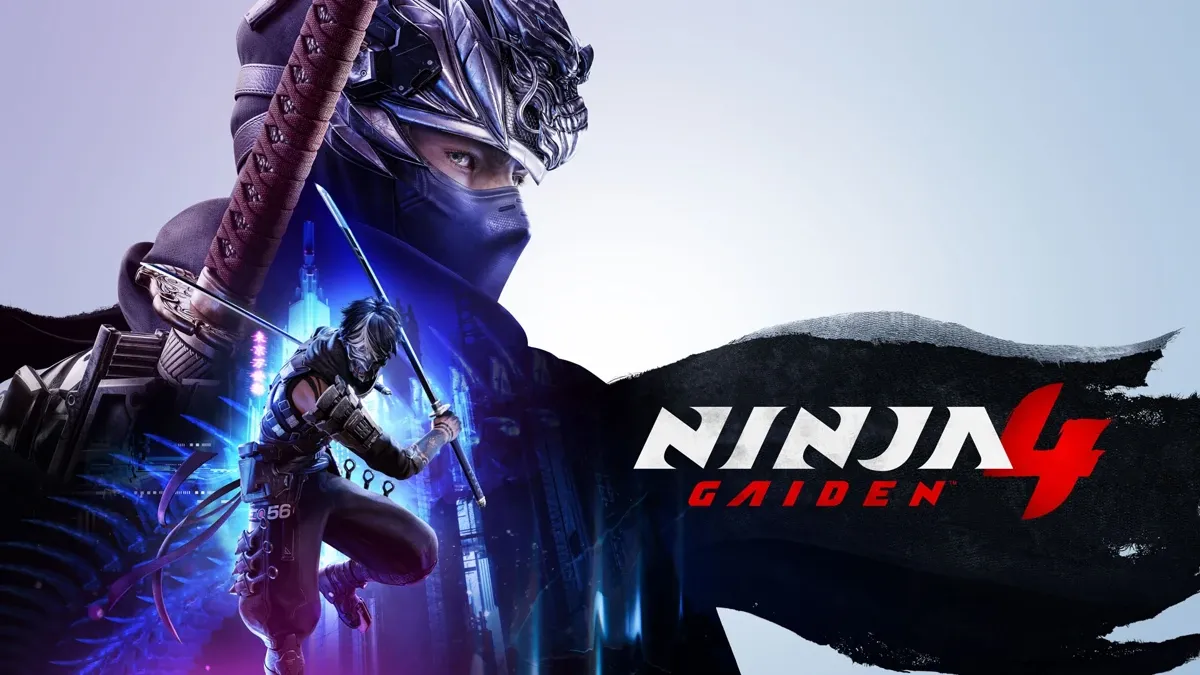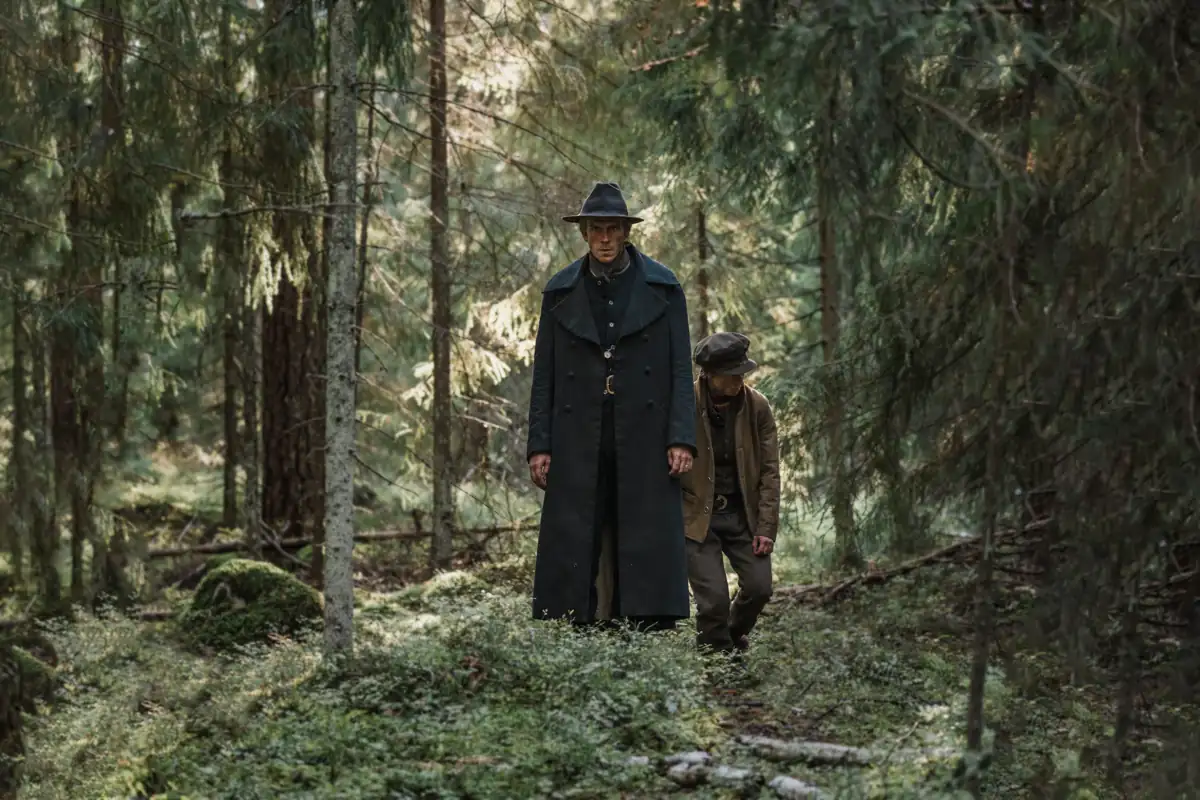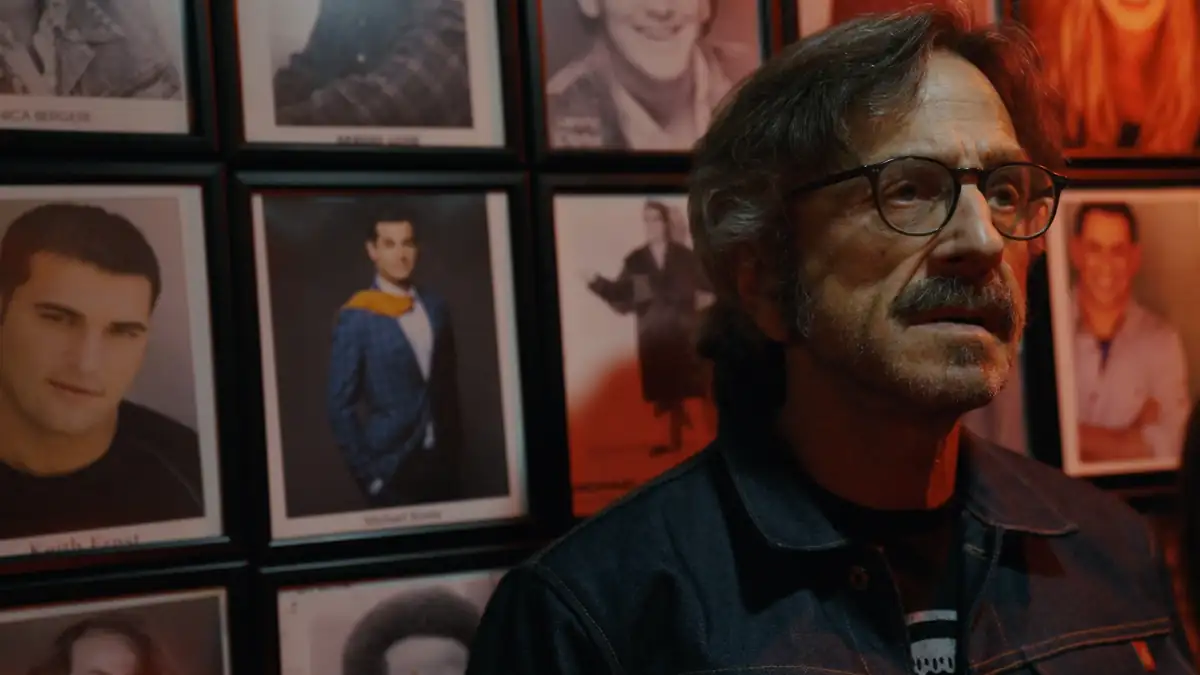I saw AKIRA for the first time, like most of my generation probably did, on VHS with an English-language dub that lost or changed most of Katsuhiro Otomo’s original intent.
Still, even in its tinny, garbled form, AKIRA left a lasting impression. It became a seminal moment similar to seeing STAR WARS for the first time to those who saw it. Decades later, Otomo’s vision remains important and influential for pop culture, to the point that upcoming games like CYBERPUNK 2077 have incorporated aspects of the cyberpunk thriller into their visuals.
Returning to Finnish screens 21 years after its initial release (at the Helsinki International Film Festival), AKIRA doesn’t appear to have aged a day. Presented in pristine 4K with the original Japanese language audio, this is the best and most beautiful way to experience Otomo’s masterpiece for the first, second or even tenth time.
Set in 2019, Neo-Tokyo, 30 years after the Third World War decimated the country, AKIRA presents us with a world on the brink of collapse. Split into a highly hierarchical society of haves and have-nots, Neo-Tokyo is festering at the seams. Biker gangs roam the endless highways, while politicians scheme in the shadows and military leaders rule the megalopolis with an iron fist. When a nightly showdown between two gangs goes awry, a group of teenagers stumbles into the middle of a rebellion, a coup, and the return of a godlike being known as Akira.
Otomo’s brilliant storytelling feels just as fresh now as it did upon initial release. The opening sequence, where anti-hero Kaneda leads his gang of outlaws into battle, is intoxicating on the big screen. The peerless score by Geinoh Yamashirogumi thunders from the speakers, and the visuals are a hypnotizing assault on the senses, pulling us into this dystopian world that is as tempting as it is repelling.
There isn’t a single computer-generated image in sight. This is handmade craftsmanship operating on another level from everyone else. Every painting is filled with details, making the film fit for endless repeat viewings. Neo-Tokyo twists and turns upon itself, appearing to rise out from the depths of hell itself, sweltering above the decrepit canals and hollowed ruins of the old world. Everything that has come after owes Otomo a debt of gratitude. I can’t imagine THE MATRIX REVOLUTIONS looking anything like it does without AKIRA there to guide the way.
The script, based on Otomo’s manga, is dense and literate, using the pulpy action thriller as a basis to explore the trauma left behind by the atomic bombing of Hiroshima and Nagasaki. Like other modern greats such as BATTLE ROYALE, Otomo’s work illustrates the disillusionment between the youths and the adults and the divisive gap splitting into a canyon with every passing year.
His characters are hard to like, but easy to understand. They’re children left on their own by an uncaring society too oblivious to care. So they waste their days by modding their motorcycles, drinking and taking drugs, and fighting others just like them. It isn’t until Kaneda meets Kei, an older and more mature freedom fighter, that he sees the bigger picture.
But Kei is not much better off than the others. Her team cannot see the forest from the trees; instead of focusing on a single aspect in the bigger picture, they clash in petty rivalries within their districts. Otomo’s sprawling epic might infuriate some here, as there is no rewarding ending that ties up loose ends. Even as it turns up the hard sci-fi, this is as much a coming-of-age story as a cyberpunk thriller.
The original manga, released from 1982 to 1990, is denser, and there are parts where cutting corners hurts the film. Characters come and go rapidly, and some are so alike they’re difficult to tell apart. When the finale begins to erupt, others disappear entirely whether their stories are complete or not. Poor Kaori exists as a victim of assault, abuse, and worse.
It’s a minor quibble in a film this extravagant and bombastic. When viewed, there is little one can do except go along for the ride. AKIRA is an electrifying, dizzying epic that defines an entire genre and continues to do so throughout the decades.
If you haven’t seen it before, do so on the biggest screen possible. It will be a revelation. And if you have, do so anyway. There’s nothing quite like it before or since.













